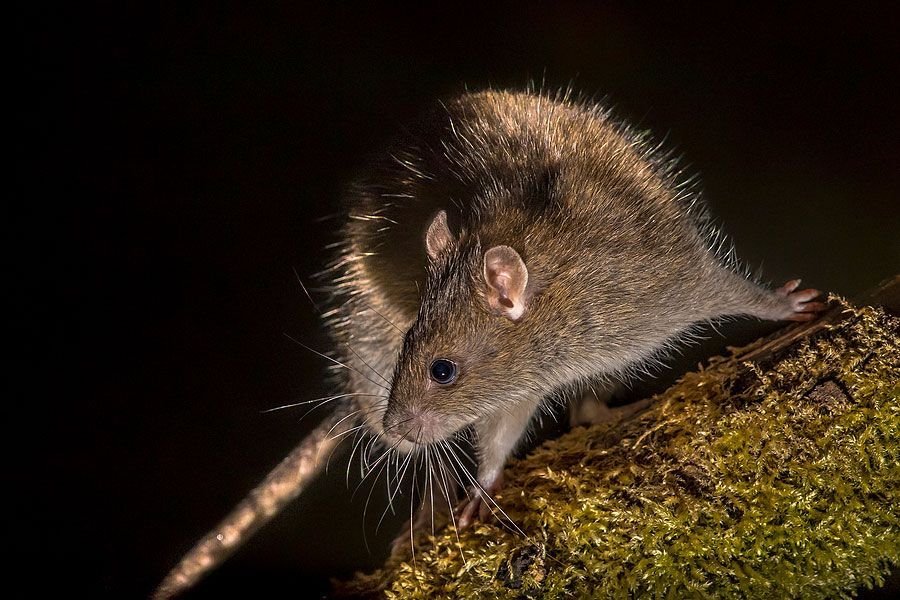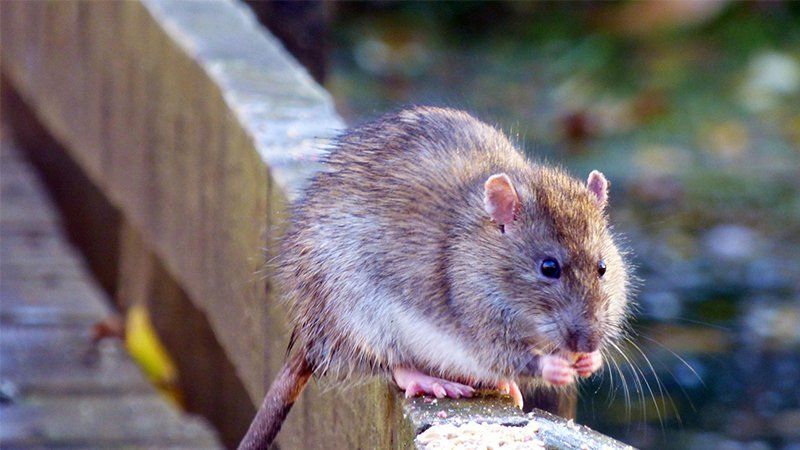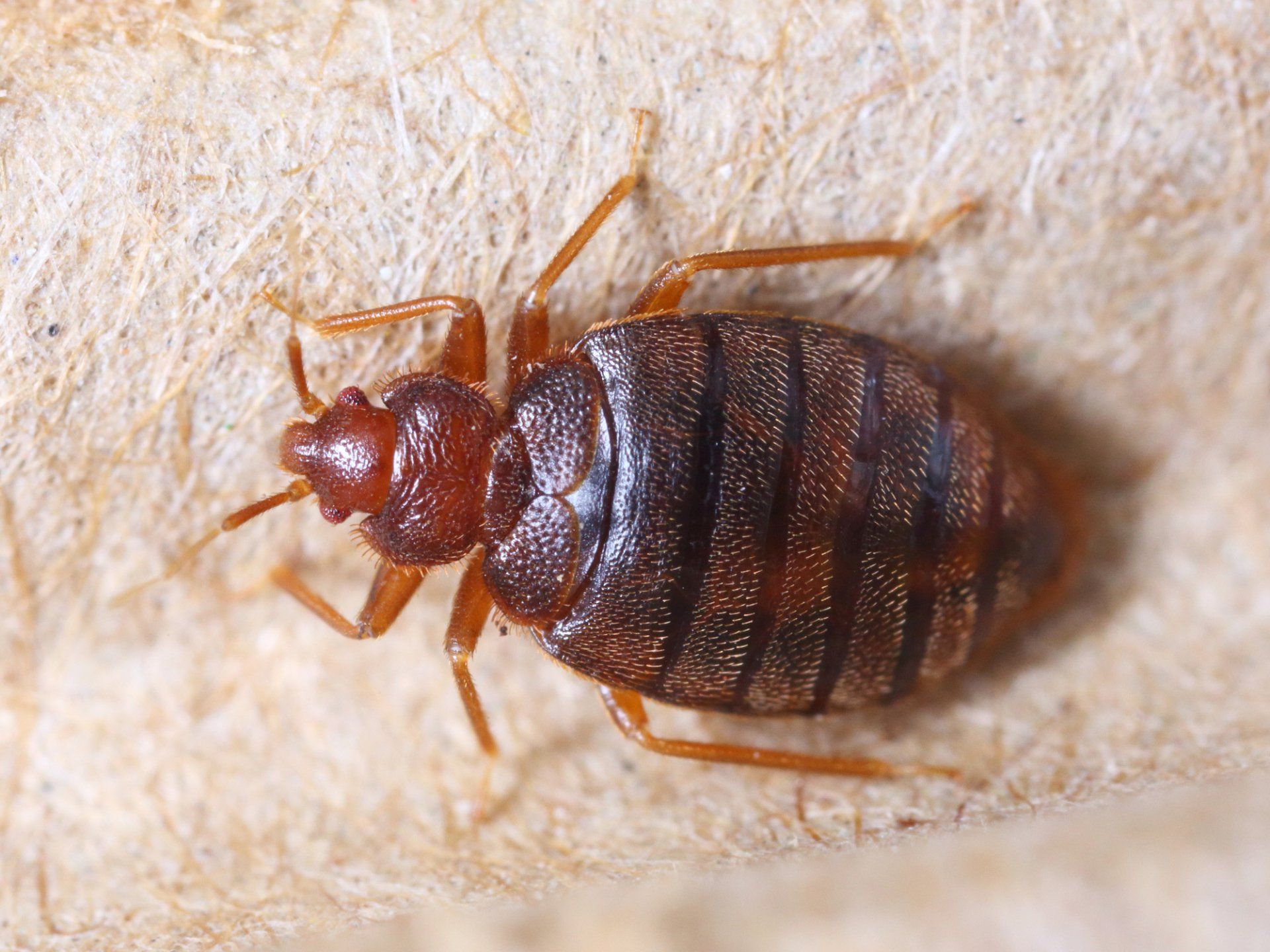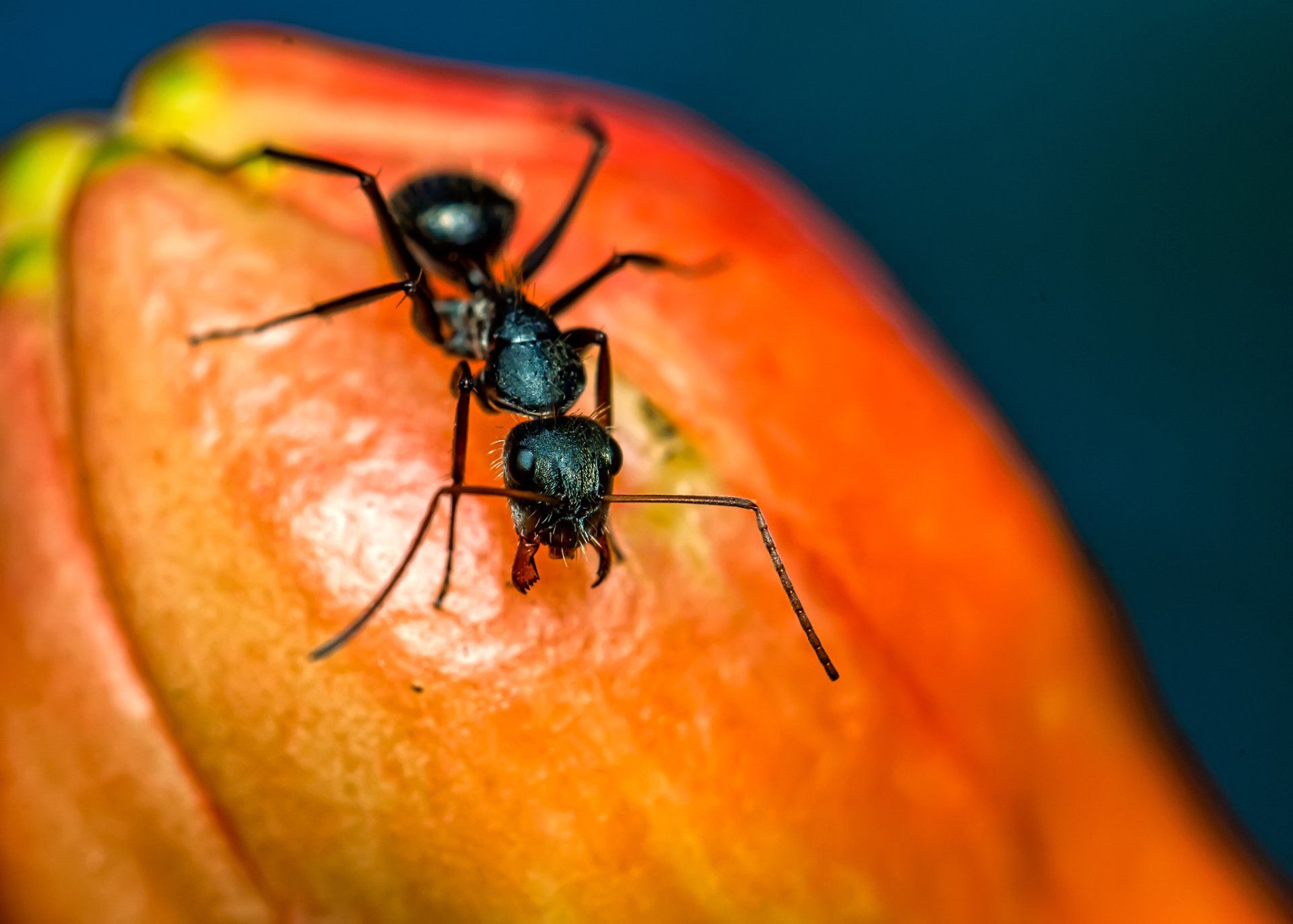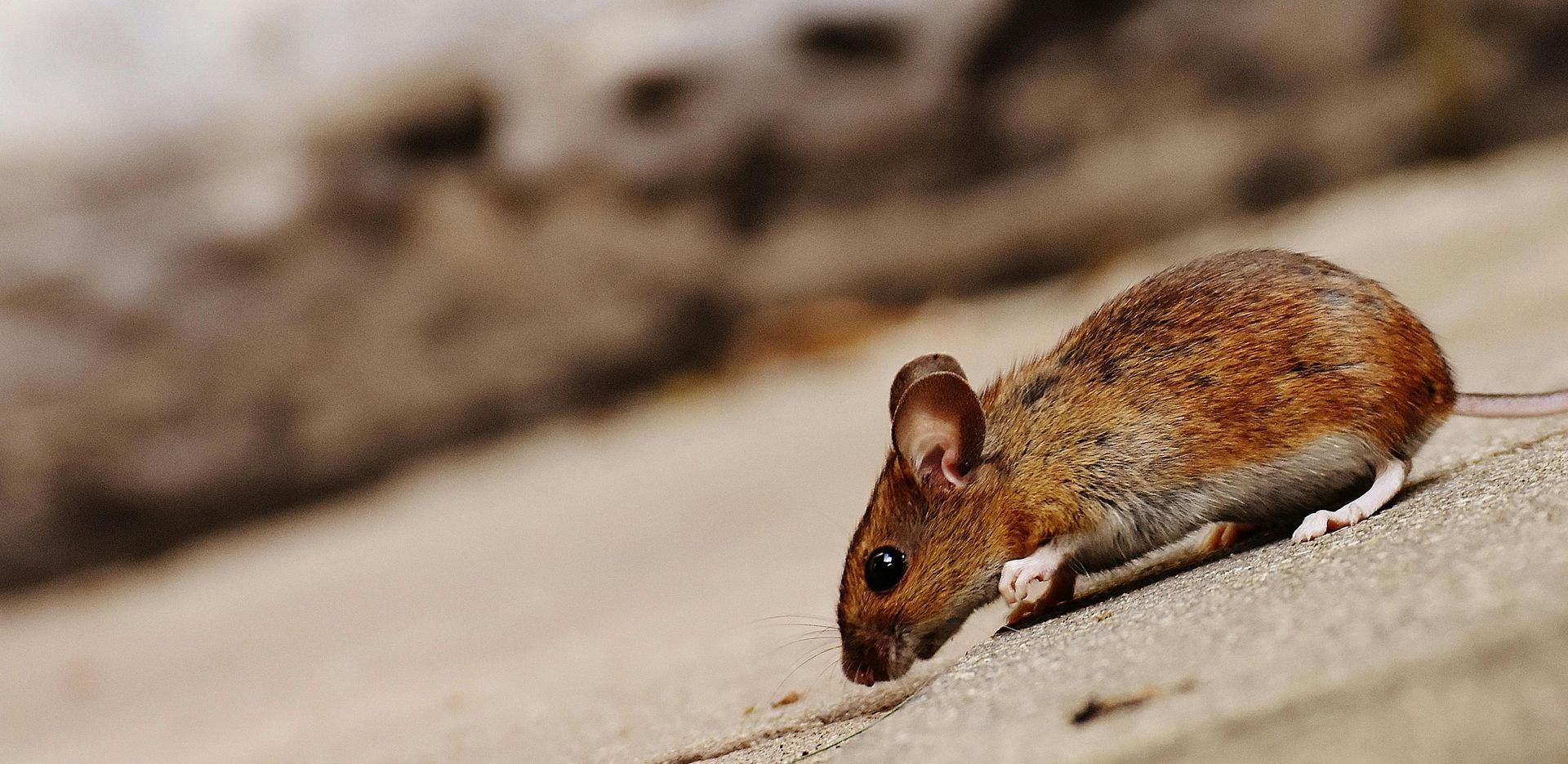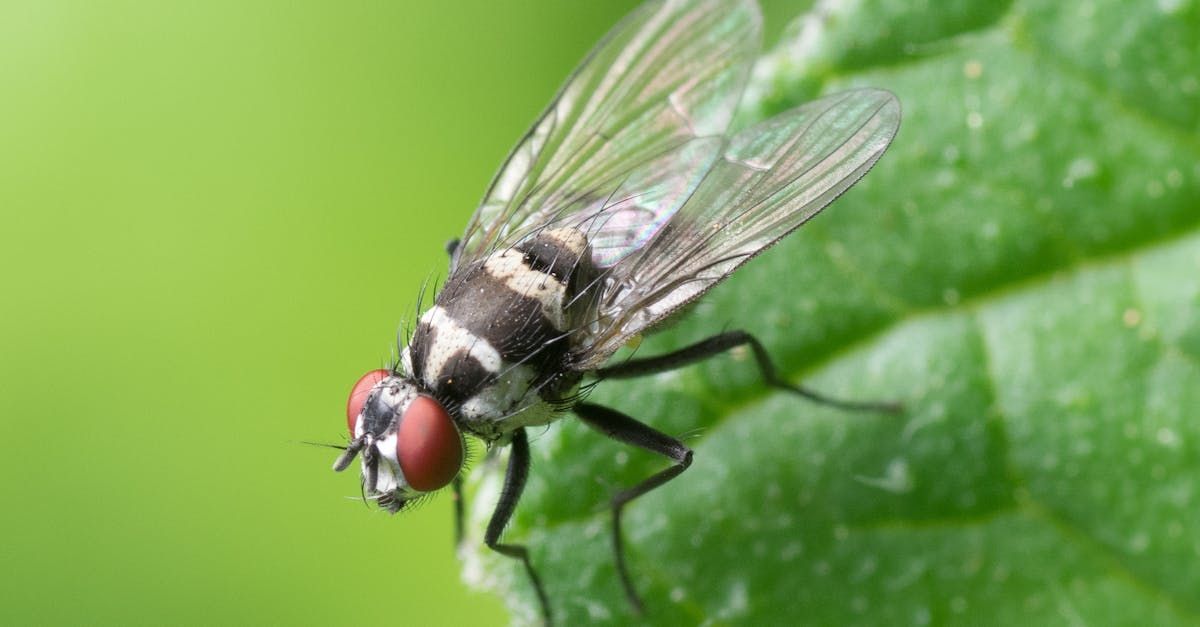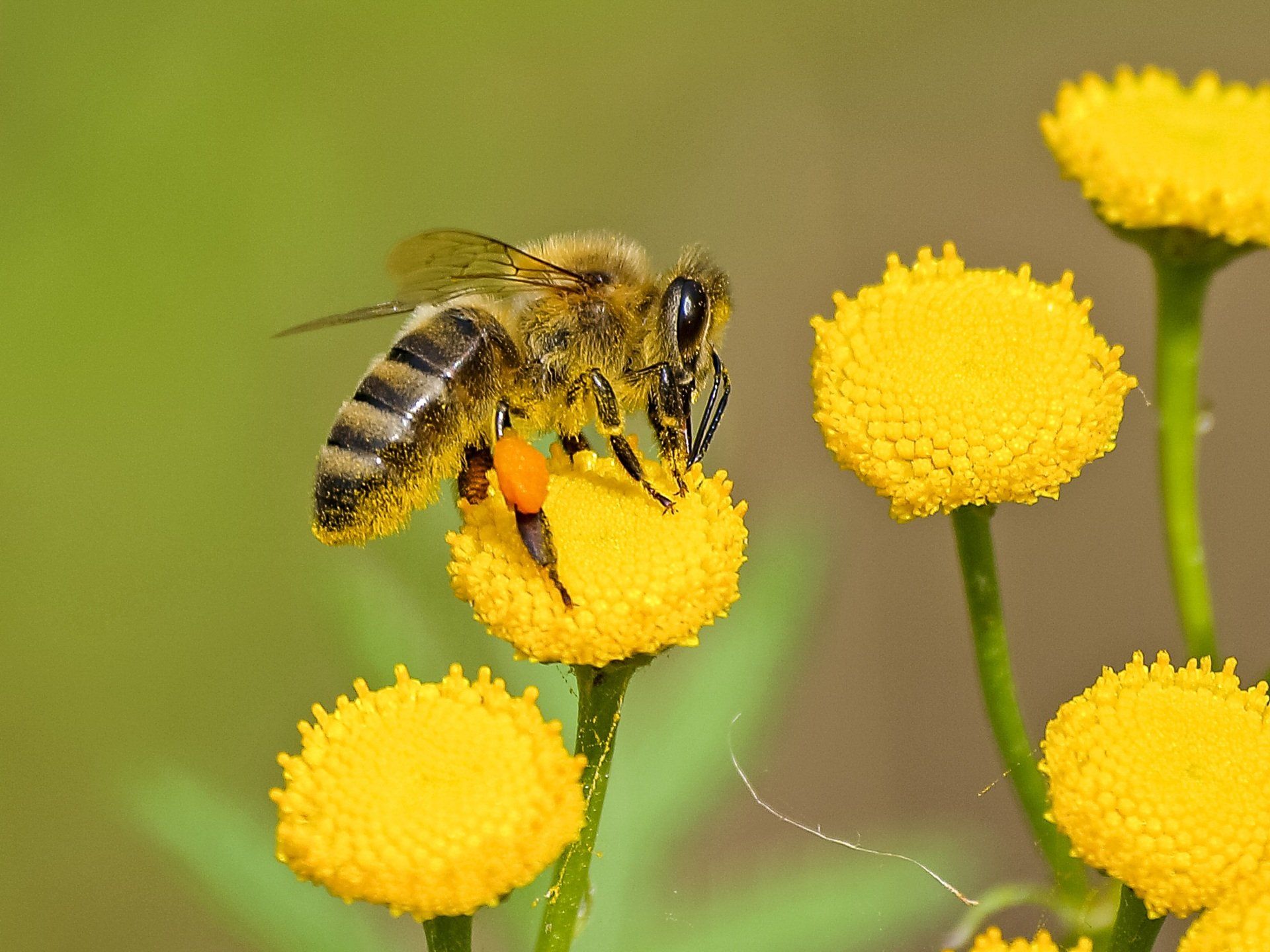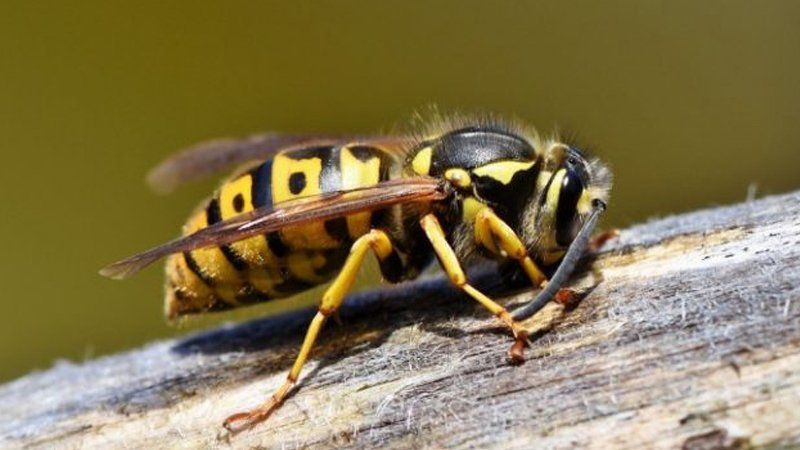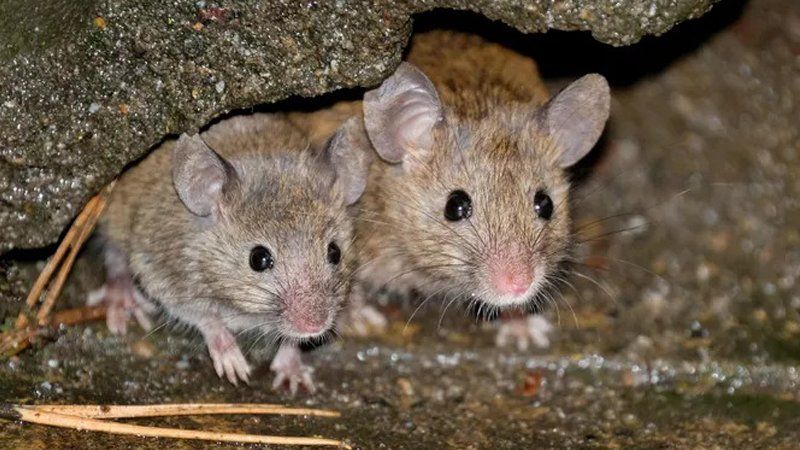Rodents and the Problems They Cause
Rodents and the Problems They Cause
When we see an increase in rodent activity it may be alarming to homeowners and business owners alike, as these small creatures seek shelter and food in and around human habitats. While they may seem harmless at first glance, rodents can cause a myriad of problems that can be both frustrating and potentially dangerous. In this article, we will explore the various issues caused by rodents and discuss the importance of taking necessary measures to control their population.
One of the primary problems rodents bring is the damage they inflict on property. Rats and mice have a natural instinct to chew, and they do not discriminate when it comes to what they chew on. From electrical wiring to wooden structures, rodents can cause significant damage that can lead to costly repairs. They gnaw through walls, insulation, and even pipes, which can result in leaks and water damage. Additionally, their constant chewing can weaken the structural integrity of buildings, posing a risk to inhabitants.
Moreover, rodents are carriers of various diseases, making them a threat to human health. They can transmit diseases through their urine, faeces, and bites. Hantavirus, leptospirosis, and salmonellosis are just a few examples of the diseases that can be contracted from rodents. These illnesses can range from mild to severe, and in some cases, they can be fatal. Symptoms may include fever, headache, muscle aches, and gastrointestinal issues. Therefore, it is crucial to avoid direct contact with rodents and maintain a clean environment to minimize the risk of disease transmission.
Rodents also have a voracious appetite, and during the summer, they take advantage of the abundance of food sources available. They can contaminate stored food in pantries, restaurants, and agricultural fields, leading to both economic losses and potential health hazards. The presence of rodent droppings and urine can render food unfit for human consumption, necessitating its disposal. This not only wastes valuable resources but also poses a risk to public health if contaminated food finds its way back into the market.
Furthermore, the reproduction rate of rodents is astonishingly high, especially during the summer months. A single female rat can produce up to 3-6 litters per year, with each litter consisting of 7-8 offspring. This rapid breeding cycle results in an exponential increase in rodent populations if left unchecked. Consequently, their population explosion can lead to overcrowding, competition for resources, and territorial disputes. As they seek shelter, rodents may invade homes, attics, and basements, causing distress and discomfort to both business and home owners.
Effective control against rodents
To combat the problems caused by rodents, it is necessary to implement effective control measures. Prevention is key in rodent management. Maintaining a clean environment, sealing any entry points, and storing food properly are essential steps in reducing their attraction to your property or business. Regular inspections and repairs of structural damage are also vital to prevent rodents from gaining access to your home or business. Its important to know what the best materials to use are, as a lot of DIY methods may not stand up to the might of the rodent. Some members of the public may use DIY rodent baits, it is imperative to know what the dangers are around using such baits and how they can impact the environment. One of the main concerns regarding rodenticide use in the UK is the potential for secondary poisoning of non-target species. When rodents consume bait containing rodenticides, they may become poisoned. Predatory birds, such as barn owls and kestrels, can then consume the poisoned rodents, leading to their own poisoning.
To address this issue, the UK has introduced new regulations and best practice guidelines for rodenticide use. These measures aim to reduce the risk of secondary poisoning and protect non-target wildlife, ensuring you know the legal requirements surrounding the use of rodenticide and the implications if used incorrectly. The Campaign for Responsible Rodenticide Use (CRRU) UK has played a key role in promoting responsible rodent control and educating professionals in the industry about best practices. This is something a professional pest controller will know well.
Why its best to employ the professionals
In addition to prevention, professional pest control services can be employed to address an existing rodent problem. Trained technicians can conduct thorough inspections, identify entry points, and implement targeted control strategies. These may include trapping, baiting, and the use of rodenticides in a safe and responsible manner. It is crucial to consult professionals who prioritize the safety of both humans and the environment when dealing with rodent infestations.
In conclusion, rodents can cause a plethora of problems that range from property damage to health risks. Their propensity to chew, spread diseases, contaminate food sources, and breed rapidly poses significant challenges for homeowners, businesses, and public health. By implementing preventive measures and seeking professional pest control services.
